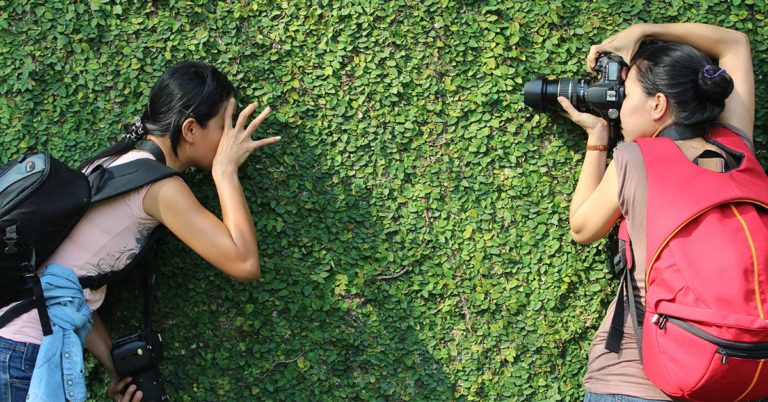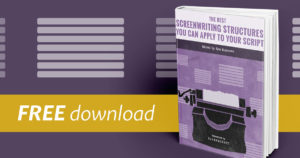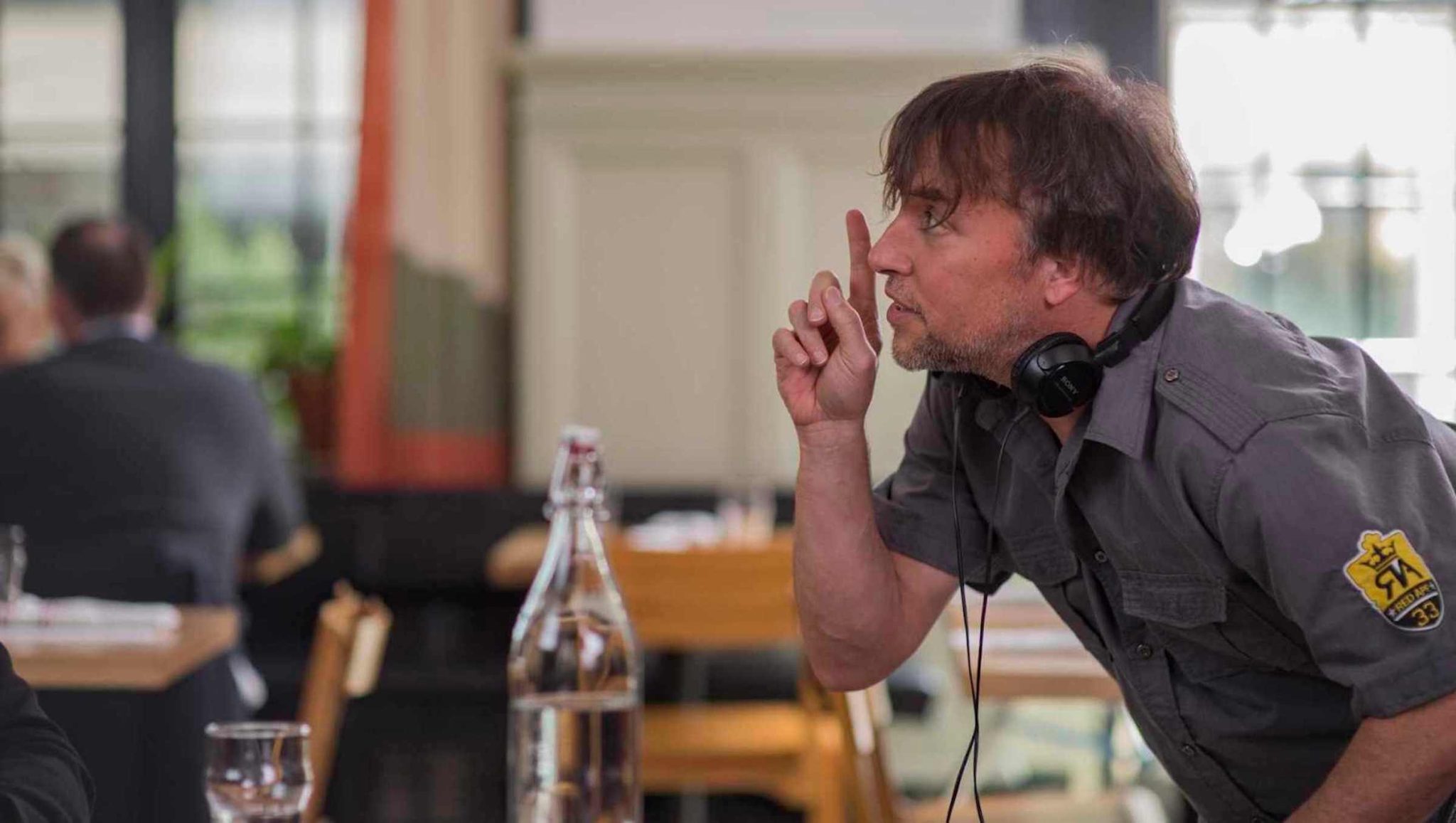How to Make an Indie Feature When You're Still in School

Sisters Hillary and Anna-Elizabeth Shakespeare used to pretend they were making movies as children in front of a play camera. Now they have two micro-budget feature films under their belt, thanks to writing about what they know and using what’s available.
The London writing-directing duo recently visited The Filmmakers Podcast, to talk with host Giles Anderson about their latest film, Much Ado, a retelling of William Shakespeare’s Much Ado about Nothing set in the aftermath of a rugby tour. They also discussed their first feature, Soundtrack to Sixteen, a romantic comedy that won Best Micro-Budget Feature at the 2019 London Independent Film Festival.
Here, we’ve highlighted three insights from the Shakespeare sisters to inspire your own filmmaking goals.
Listen to the full podcast below.
1. When you’re starting out, focus on what you know and what you can pull off.
The sisters dove into filmmaking after Hillary, who is five to six years older than Anna-Elizabeth, studied physics in college but decided not to pursue being a physicist. Remembering how they’d been “filmmakers” as children and their ongoing love of film as consumers, she and her younger sister thought about what they knew best and could dramatize. The first result was Soundtrack to Sixteen, a coming-of-age tale set in the 2000s with a feel similar to Juno and (500) Days of Summer. They called it “a little time capsule” of that time in your life when you’re a teen who overanalyzes every insecurity.
Much Ado, which is in post-production, came together more quickly because they based it on the original Shakespearean play. They stayed in one house in the countryside to film it. Although they agreed that they don’t know that they’d live in such close quarters again—they had thirty people around, counting cast and crew—they still found ways to work with what was on site. For instance, Hero in the original play faints during a wedding scene, but the sisters wanted her to have more agency. So they asked their version of Hero to dive into a pond on the property’s garden instead. (The visuals worked beautifully, but the actress needed a wetsuit.)
2. Take your time with the story.
Soundtrack to Sixteen took years to come together as far as a script, shooting, and editing, even though the sisters recruited lots of friends as extras and filmed on their former campus. One reason was that they showed the script to several friends and didn’t take the criticism to heart. Any bits that didn’t work, they cut from the page or reworked. Once you start shooting, you’re more inclined to hold on to every piece that you have, they noted.
Learn the best way to structure your screenplay with this free guide.
3. You know more than you realize.
The sisters said their greatest lesson so far from making both films is to not let a perceived lack of experience intimidate them. On Soundtrack to Sixteen, they would ask a lot of questions about film, couching them as, “I’m so sorry to ask this, but…” By Much Ado, they realized they didn’t need to apologize so much. Even when people know more than you, context is everything, they said. Every day you’re trying to solve new problems, so even though some people have more experience in solving them, people often have no experience with a particular problem and will try their best regardless.
 Valerie Kalfrin is an award-winning crime journalist turned essayist, film critic, screenwriter, and emerging script consultant. She writes for The Hollywood Reporter, CC2K, Script magazine, The Guardian, Film Racket, Bright Wall/Dark Room, ScreenCraft and other outlets. A member of Screenwriters of Tomorrow and the Tampa Bay Film Society, she’s available for story consultation, script editing, coverage, and collaboration. Find her at valeriekalfrin.com or on Twitter @valeriekalfrin.
Valerie Kalfrin is an award-winning crime journalist turned essayist, film critic, screenwriter, and emerging script consultant. She writes for The Hollywood Reporter, CC2K, Script magazine, The Guardian, Film Racket, Bright Wall/Dark Room, ScreenCraft and other outlets. A member of Screenwriters of Tomorrow and the Tampa Bay Film Society, she’s available for story consultation, script editing, coverage, and collaboration. Find her at valeriekalfrin.com or on Twitter @valeriekalfrin.
For all the latest ScreenCraft news and updates, follow us on Twitter, Instagram and Facebook!
Get Our Screenwriting Newsletter!
Get weekly writing inspiration delivered to your inbox - including industry news, popular articles, and more!



























